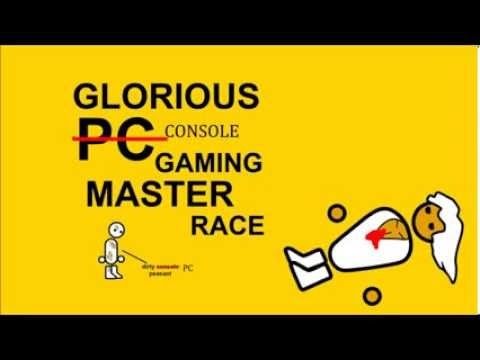So it's almost like a PC, but the main advantages (dirt cheap games, Steam sales, resolution/graphics/framerate options) aren't there. And you can't use any input method you'd like.
So it's not like a PC at all. It's like a console.
In order to be "like a console" the defining selling point of the system would have to be that the hardware itself is enabling software that would not be possible without the unique hardware (in other words, that couldn't be done on a typical PC, specs aside). Merely having a set of specifications doesn't really qualify something as a console, otherwise everyone's PC configuration would be a console.
NES set itself apart as a machine because it had a controller that wasn't anywhere else. It also had cartridges that could come with their own unique technology packed in, like the Zelda save chip. Likewise for SNES.
It's kind of laughable to suggest that either PlayStation or Xbox is taking this approach to hardware right now, because the vast majority of their libraries consists of PC ports that have no relationship to hardware whatsoever (again, aside from specs). The controllers are for the most part standardized, and the controller bits that PlayStation has that Xbox doesn't (touchpad, lightbar - which functions like a mouse in practice) are basically just stolen from PCs. The hardware is now being built using mostly off-the-shelf PC parts, not specialized architectures like we saw historically.
The main difference between these consoles and PCs is that the hardware isn't modular, and therefore all games released for the system must run at the same spec. On a different level, they're both closed ecosystems, meaning you
must buy a PlayStation or Xbox to run PlayStation or Xbox games.
But functionally, looking at the way the hardware and software are designed, and the way the systems are positioned as development machines? They're just out-of-the-box PC configurations that don't require the end user to manage specifications and settings.






